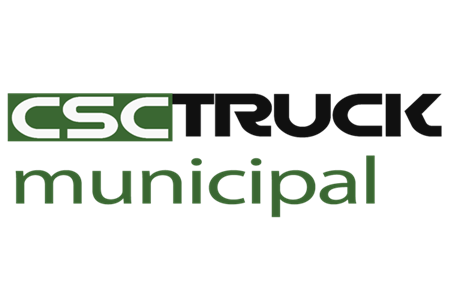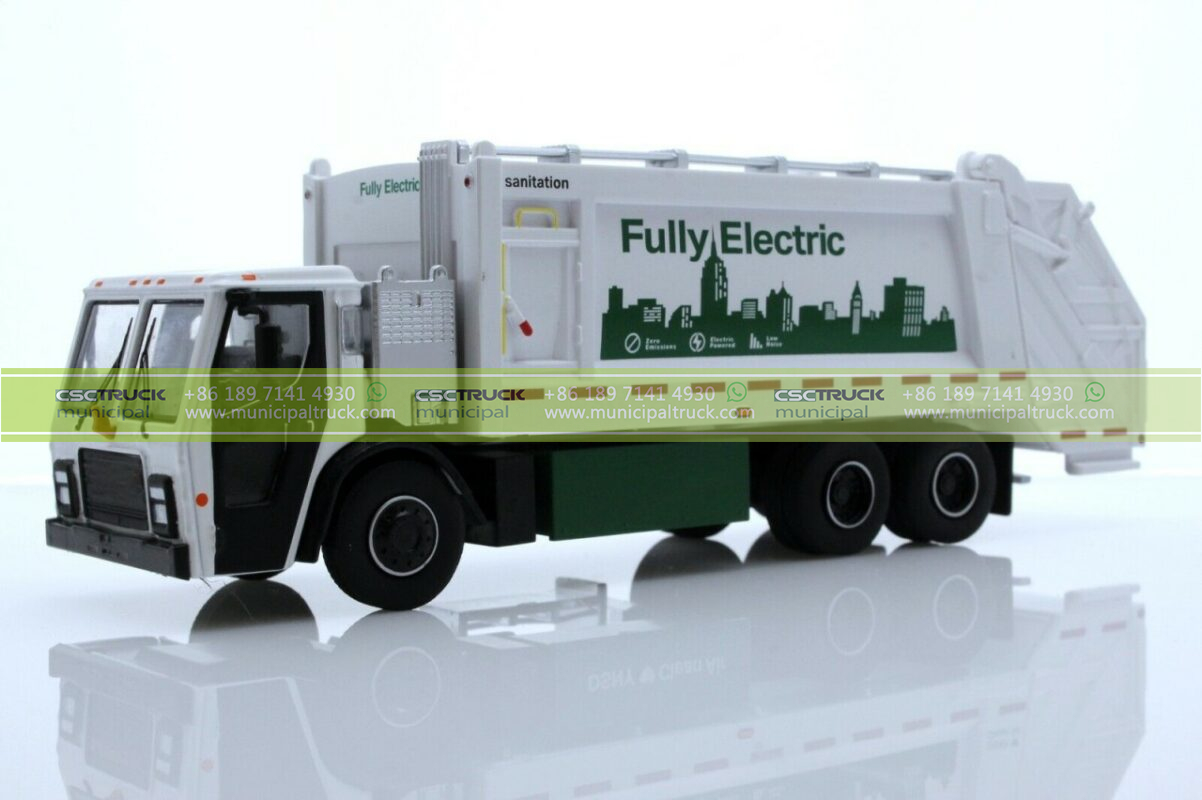Introduction
Waste management plays a vital role in maintaining clean and healthy communities. Behind the scenes, garbage trucks and the waste management industry as a whole have a significant impact on local economies. From job creation and revenue generation to environmental sustainability, the economics of garbage trucks is a complex and multifaceted subject that deserves attention. In this article, we will delve into the various aspects of waste management and explore how it influences local economies.
Job Creation and Employment Opportunities
One of the most apparent economic benefits of waste management is the creation of employment opportunities. Garbage trucks require a skilled workforce to operate and maintain them, including drivers, mechanics, supervisors, and administrative staff. Additionally, waste management companies often hire workers for waste sorting, recycling, and landfill management.
In many communities, waste management serves as a stable source of employment, providing jobs that are essential for residents. These jobs not only support individuals and families but also contribute to the overall economic growth of the area. Moreover, the demand for waste management services ensures a steady flow of employment opportunities, making it a reliable sector even during economic downturns.

Revenue Generation
The waste management industry generates revenue through various channels, making it a significant contributor to local economies. Municipalities often contract waste management companies to handle their garbage collection, recycling, and disposal needs. These contracts generate income for the waste management companies, while also providing a reliable and essential service to the community.
Furthermore, waste management companies may generate revenue from recycling programs. By processing recyclable materials, they can sell them to manufacturers, generating income from the sale of recycled products. This revenue stream not only benefits waste management companies but also promotes sustainability by reducing the consumption of new resources.
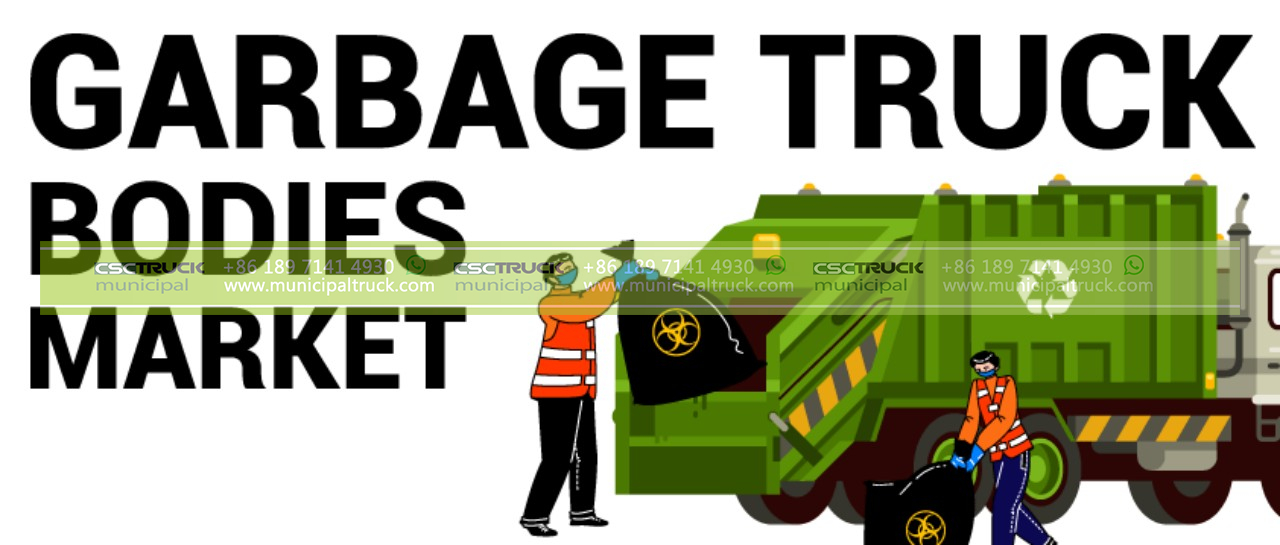
Investment and Infrastructure
Effective waste management requires investment in infrastructure and equipment, which can have a positive impact on local economies. Garbage trucks, recycling centers, sorting facilities, and landfill sites all require capital investment. The construction and maintenance of these facilities create job opportunities and stimulate economic activity in the construction and manufacturing sectors.
Investment in waste management infrastructure also improves the overall efficiency and effectiveness of waste collection and disposal processes. This, in turn, contributes to the quality of life in communities, attracting businesses and residents who value clean and well-maintained environments. The improved infrastructure can have a positive influence on property values and encourage economic growth in the surrounding areas.
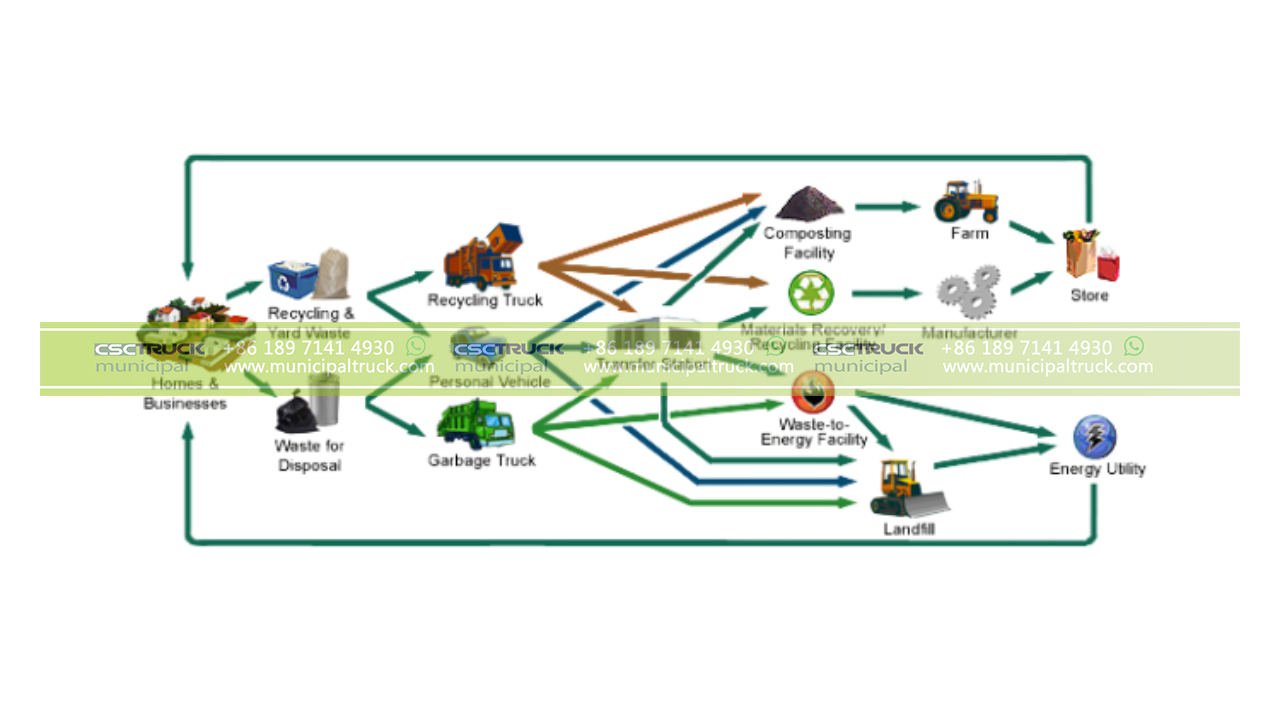
Environmental Sustainability
While the economic benefits of waste management are significant, it is crucial to consider its environmental impact as well. Garbage trucks and waste management practices affect the environment directly, and their sustainability is an essential consideration for local economies in the long run.
Efforts to minimize waste, increase recycling rates, and adopt sustainable waste management practices can lead to cost savings for both municipalities and waste management companies. For example, recycling reduces the volume of waste that needs to be transported and disposed of, resulting in lower transportation costs and reduced pressure on landfill sites. Moreover, recycling initiatives can create new revenue streams through the sale of recycled materials.
Additionally, sustainable waste management practices contribute to a cleaner environment, which has indirect economic benefits. A clean and well-maintained community enhances its appeal to tourists, potential investors, and residents, thereby boosting local businesses and real estate markets.
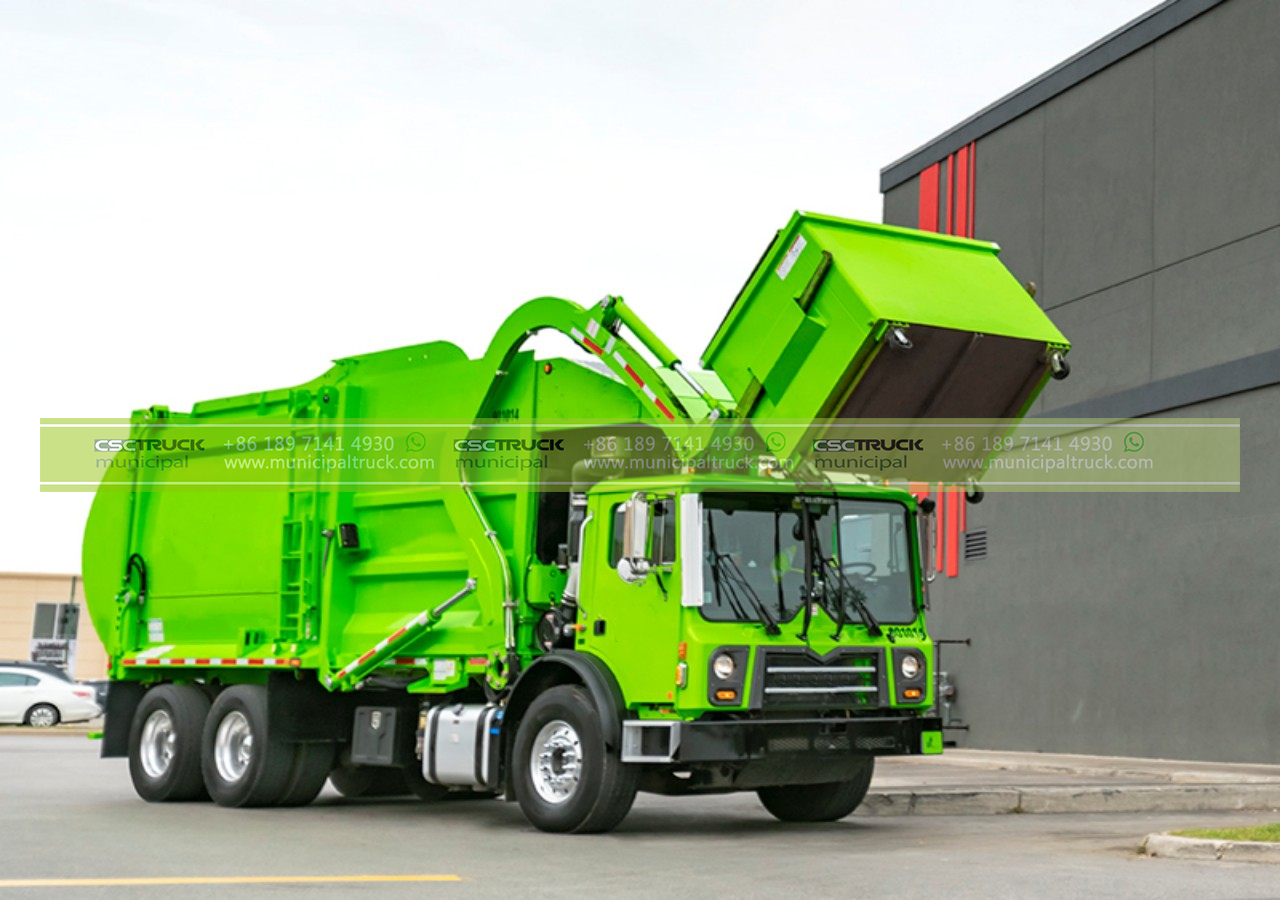
Conclusion
The economics of garbage trucks and waste management goes beyond the mere task of collecting and disposing of waste. The industry has a significant impact on local economies, creating employment opportunities, generating revenue, attracting investments, and promoting environmental sustainability. Waste management is a crucial service that ensures clean and healthy communities, while also providing economic benefits that contribute to the overall well-being of local economies. By recognizing and supporting the importance of waste management, communities can reap the rewards of a more sustainable and prosperous future.
The Role of Government and Policy
Government involvement and policy play a crucial role in shaping the economics of waste management. Local, regional, and national governments establish regulations and guidelines to ensure proper waste management practices. These policies can have a direct impact on the operations and economics of garbage trucks and waste management companies.
Government regulations often include mandates for waste reduction, recycling targets, and landfill diversion goals. These targets and requirements drive innovation in waste management practices and technologies, creating opportunities for economic growth. For instance, waste management companies may invest in new recycling technologies or develop more efficient waste collection methods to meet regulatory requirements.
Moreover, governments may provide financial incentives, grants, or subsidies to encourage sustainable waste management practices. These incentives can help offset the costs of infrastructure investment, equipment upgrades, and research and development activities. By supporting the waste management industry, governments stimulate economic growth, job creation, and technological advancements while promoting environmental sustainability.
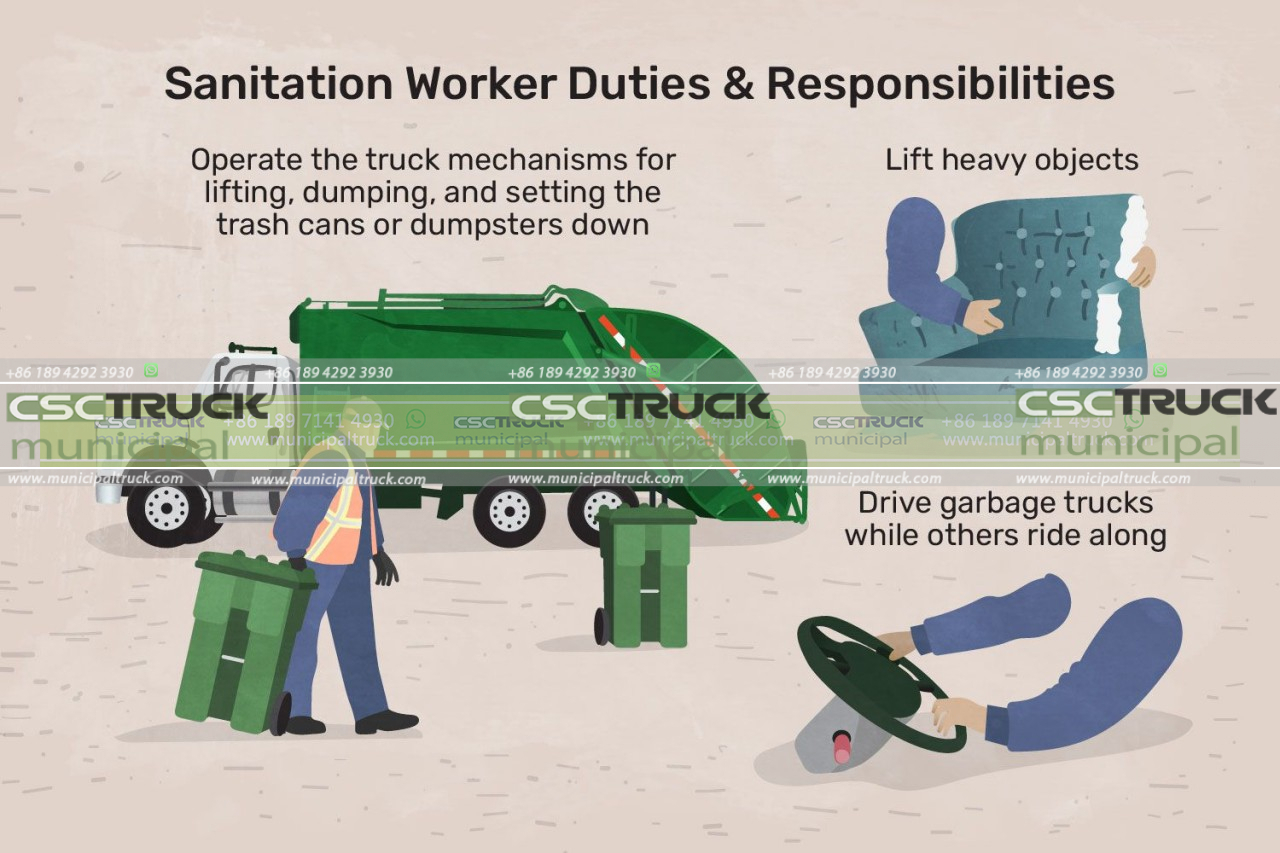
Challenges and Opportunities
Although the economics of garbage trucks and waste management present numerous benefits, some challenges need to be addressed. One of the main challenges is the rising costs associated with waste management. Factors such as fuel prices, labor expenses, equipment maintenance, and waste processing technologies can impact the operational costs of waste management companies significantly.
To overcome these challenges, waste management companies need to implement efficient operational practices and explore cost-saving measures. For example, optimizing collection routes to reduce fuel consumption, adopting advanced waste sorting technologies to streamline recycling processes, and exploring alternative energy sources for garbage trucks can help mitigate costs.
Another emerging opportunity in waste management economics is the concept of the circular economy. The circular economy aims to minimize waste and maximize resource efficiency by promoting the reuse, recycling, and repurposing of materials. Transitioning towards a circular economy model presents economic opportunities through the creation of new businesses, job roles, and revenue streams. Waste management companies can play a vital role in this transition by actively engaging in resource recovery and supporting the development of circular economy initiatives.
Additionally, waste management companies can explore innovative solutions such as waste-to-energy technologies. These technologies convert waste into renewable energy sources, reducing the reliance on fossil fuels and contributing to sustainable energy production. Implementing waste-to-energy projects not only addresses waste management challenges but also opens up avenues for revenue generation and job creation in the renewable energy sector.
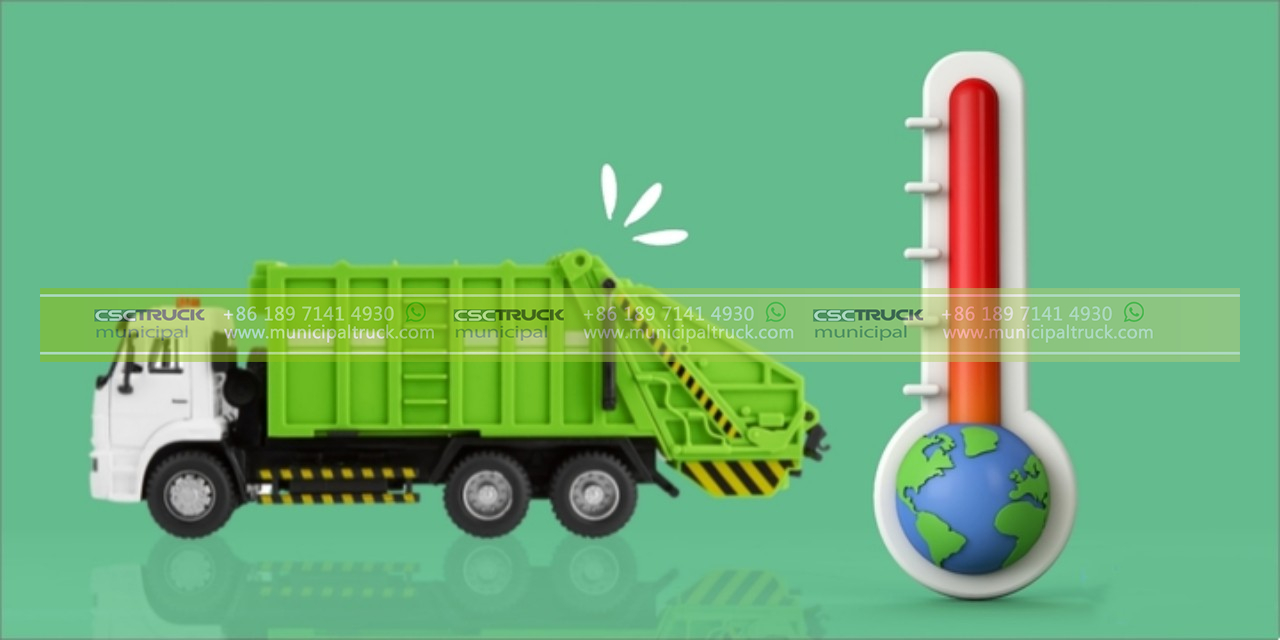
Conclusion
The economics of garbage trucks and waste management extends far beyond the traditional notion of waste disposal. Waste management plays a crucial role in local economies, creating jobs, generating revenue, attracting investments, and fostering environmental sustainability. Government policies and regulations shape the industry, providing guidelines and incentives to drive innovation and promote sustainable practices.
While challenges exist, such as rising costs, waste management companies can overcome them through operational efficiency, technology adoption, and exploring opportunities in the circular economy and waste-to-energy sectors. By recognizing the economic importance of waste management and supporting sustainable practices, communities can reap the benefits of a cleaner environment, improved quality of life, and a thriving local economy.
In summary, the economics of garbage trucks and waste management are essential considerations for local economies. It is a multifaceted industry that encompasses job creation, revenue generation, infrastructure development, environmental sustainability, and government policy. By prioritizing sustainable waste management practices and supporting the growth of the industry, communities can achieve economic prosperity while safeguarding the environment for future generations.
Contact us for this municipal truck or similar trucks: [email protected] Call us or What's APP us: +86 189 4292 3930
